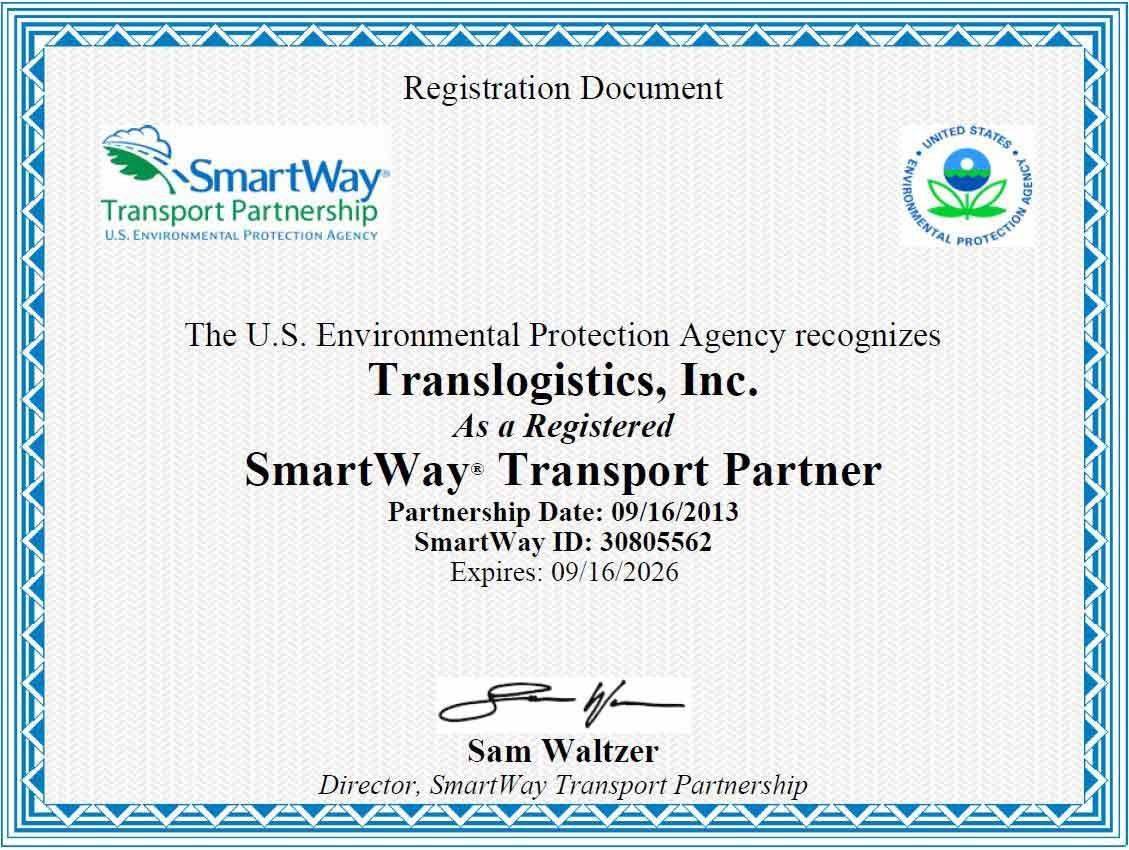Bill of Lading Creation Guide
Bill of Lading (BOL) Guide
As a shipper, it's crucial to understand the importance of a bill of lading (BOL) for both LTL and TL shipments. A BOL is a legal document that acts as a receipt for the shipment of goods and outlines the terms and conditions of the transportation agreement between the shipper and the carrier.
What is a Bill of Lading for LTL and TL Shipments?
For LTL shipments, a BOL serves as a waybill, indicating the pickup and delivery details of the shipment, including the shipper and consignee information, the number of items being shipped, the weight and dimensions of the shipment, and any special instructions or requirements for the carrier.
For TL shipments, the BOL serves as a contract between the shipper and the carrier and includes all of the information required for LTL shipments, as well as the agreed-upon rate and terms of payment.
Why is a Bill of Lading Important?
A BOL is an essential document for both the shipper and the carrier. It serves as proof of pickup and delivery, provides a record of the shipment's condition, and acts as evidence in case of any claims or disputes that may arise during the transportation process. In addition, a BOL is required by law for all commercial shipments in the United States, making it a necessary document for any shipper or carrier to have.
How Viewpoint TMS Can Help Shippers with BOL Creation:
Creating a BOL can be a time-consuming and complex process, especially for shippers who deal with a large volume of shipments. That's where transportation management systems (TMS) like Translogistics' ViewPoint TMS come in.
ViewPoint TMS is a comprehensive transportation management system that offers a range of features to help shippers manage their shipments more efficiently, including BOL creation.
Through integration with ERP systems, ViewPoint TMS can automatically generate BOLs for each shipment, ensuring that all the necessary information is included and that the document is compliant with industry standards and legal requirements. This not only saves time for shippers but also helps to reduce the risk of errors and inaccuracies that can lead to costly disputes and delays.
In conclusion, a bill of lading is a critical document for both LTL and TL shipments, acting as a receipt, contract, and proof of delivery for the shipment. Transportation management systems like Translogistics' ViewPoint TMS can help shippers create BOLs automatically through ERP integration, streamlining the process and reducing the risk of errors and disputes. By leveraging the capabilities of TMS solutions like ViewPoint TMS, shippers can optimize their shipping operations and ensure the efficient and reliable transportation of their goods.
Download a Blank Bill of Lading Template
Bill of Lading Template Download
TLI Insights
Get the latest logistics insights and tips from TLI's award-winning team. Stay ahead in transportation planning.
Questions? Email us at marketing@shiptli.com



